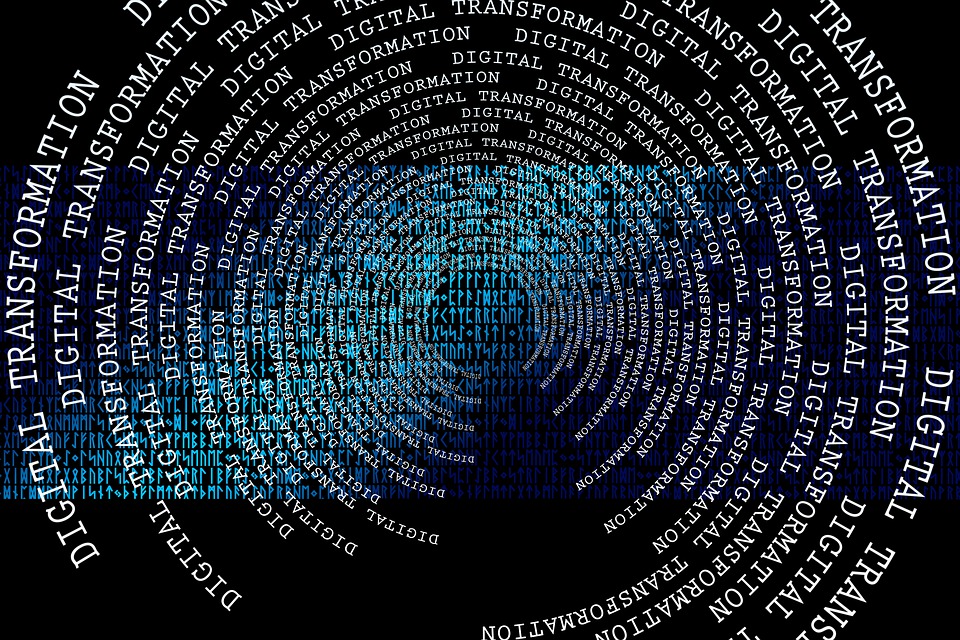
Embracing Digital Evolution: The Transformation of Traditional Industries
In an age where digital technologies are driving profound changes across industries, traditional sectors are no exception. From manufacturing to agriculture, transportation to retail, businesses are undergoing a seismic shift as they adapt to the demands of a digital-first world.
This digital transformation isn’t just about adopting new tools; it’s about reimagining processes, enhancing efficiencies, and unlocking new opportunities. Let’s explore how traditional industries are embracing digital evolution and paving the way for a more innovative future.
The Changing Landscape of Traditional Industries
Traditionally, industries like manufacturing, agriculture, and transportation have been characterised by manual processes, legacy systems, and physical infrastructure. However, the rise of digital technologies is challenging these norms and revolutionising the way these sectors operate.
Manufacturing: From Assembly Lines to Smart Factories
In manufacturing, digital transformation is synonymous with the transition from traditional assembly lines to smart factories. By integrating IoT sensors, automation, and data analytics into production processes, manufacturers can optimise efficiency, reduce costs, and improve product quality. Real-time monitoring of equipment performance, predictive maintenance, and supply chain visibility are just a few examples of how digital technologies are reshaping the manufacturing landscape.
Agriculture: Cultivating Innovation with Precision Farming
In agriculture, digital transformation is ushering in a new era of precision farming. With IoT sensors, drones, and satellite imagery, farmers can monitor crop health, optimise irrigation and fertilisation, and maximise yields. Data-driven insights enable informed decision-making, allowing farmers to mitigate risks, improve resource allocation, and adopt sustainable farming practices.
Transportation: Navigating the Digital Highway
In transportation, digital transformation is revolutionising logistics, fleet management, and passenger services. IoT-enabled tracking and monitoring solutions provide real-time visibility into supply chain operations, enabling companies to optimise routes, reduce fuel consumption, and enhance customer satisfaction. Autonomous vehicles, electrification, and smart infrastructure are driving innovation and shaping the future of mobility.
Overcoming Challenges and Seizing Opportunities
While the benefits of digital transformation are undeniable, the journey is not without its challenges. Legacy systems, cybersecurity concerns, and workforce readiness are just a few obstacles that organisations must navigate on their digital transformation journey. However, those who embrace change, invest in innovation, and foster a culture of continuous learning are well-positioned to thrive in the digital economy.
The digital transformation of traditional industries represents a paradigm shift in the way businesses operate and compete in today’s global marketplace. By embracing digital technologies, traditional sectors can unlock new levels of efficiency, innovation, and competitiveness. As we look to the future, the possibilities are endless, and the companies that embrace digital evolution will be the ones that shape the world of tomorrow.
